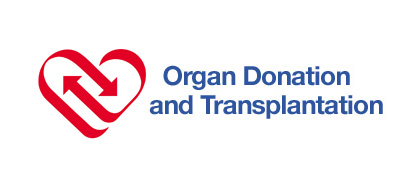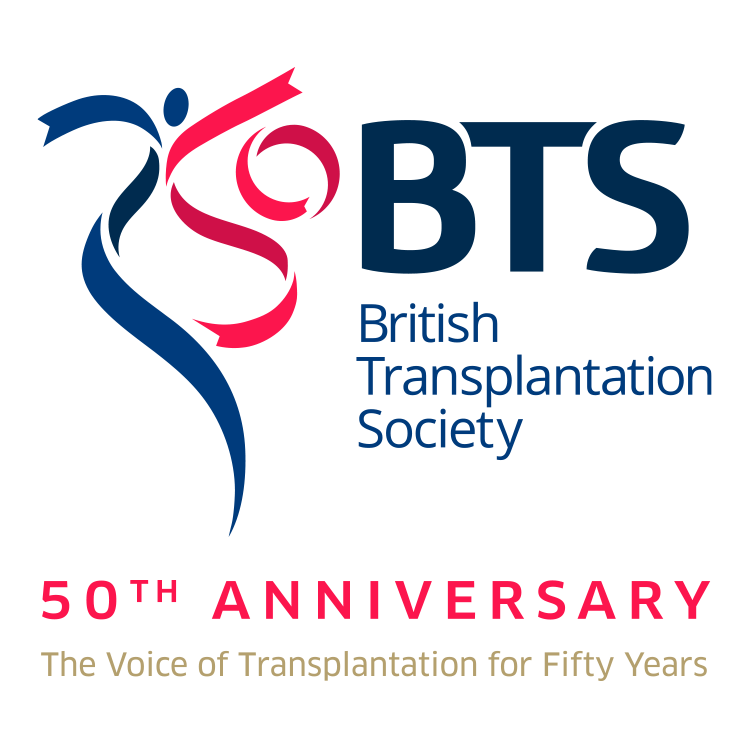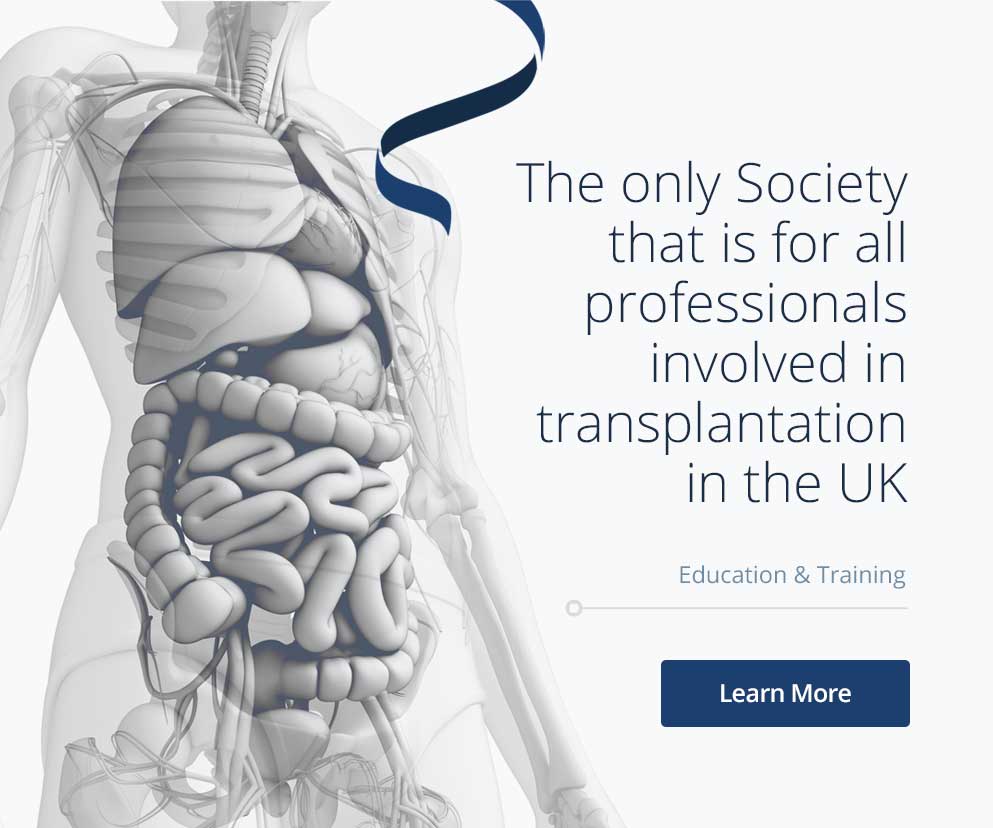UK Guideline on Management of BK Polyomavirus (BKPyV) Infection and Disease Following Kidney Transplantation
December 2024
December 2027
Measles: guidance on the care of children and adults in receipt of, or on the waiting-list for, solid organ transplantation
June 2024
June 2026
Detection of alloantibodies in solid organ (and islet) transplantation
Dec 2023
APOL1 testing in Potential Living Kidney Donors
Oct 2023
Transplantation from deceased donors after circulatory death
Jul 2023
Management of the Patient with a Failing Kidney Transplant
June 2023
UK Guideline on Imlifidase Enabled Deceased Donor Kidney Transplantation
Jan 2023
Prevention and management of CMV disease after solid organ transplantation
Jul 2022
UK Guidelines on Pancreas and Islet Transplantation
Sep 2019
Guidelines for Living Donor Kidney Transplantation
March 2018
Hepatitis B and Solid Organ Transplantation
March 2018
Hepatitis E (HEV) and Solid Organ Transplantation
April 2017
2021
Post-operative care of the kidney transplant recipient (RA; endorsed by BTS)
Feb 2017
2022
Nephron Clin Pract 2011; 118 (suppl 1): c311–48
BTS Guideline Development Policy
May 2021
2026
Antibody Incompatible Transplantation Guideline
Dec 2015
2020
Living Donor Liver Transplantation
Jul 2015
2020
Transplantation 2016;
100: 1184-90
Kidney and pancreas transplantation in patients with HIV (joint with BHIVA)
Mar 2015
2018
Guidelines
These guidelines are only guides to best practice which inevitably changes with passage of time. All practitioners need to undertake clinical care on an individualised basis and keep themselves up to date with changes in practice of clinical medicine.
The British Transplantation Society guidelines (“the Guidelines”) have been compiled by working parties of the British Transplantation Society.
The Guidelines represent the collective opinions of a number of experts in the field and do not have the force of law.
The Guidelines contain information/guidance for use by practitioners as a best practice tool. It follows that the Guidelines should be interpreted to the spirit rather than the letter of their contents. The opinions presented in the Guidelines are subject to change and should not be considered to be a treatment recommendation for any individual patient.
The British Transplantation Society cannot attest to the accuracy, completeness or currency of the opinions contained herein and does not accept any responsibility or liability for any loss or damage caused to any practitioner or any third party as a result of any reliance being placed on the Guidelines or as a result of any inaccurate or misleading opinion contained in the Guidelines”.

Active NICE Standards and Guidelines
- TA165 Organ preservation (renal) – machine perfusion and static storage
- TA481 Immunosuppressive therapy for kidney transplant in adults
- TA482 Immunosuppressive therapy for kidney transplant in children and young people
- CG135 Organ donation
- IPG170 Living donor lung transplantation for end-stage lung disease
- IPG177 Short-term circulatory support with left ventricular assist devices as a bridge to cardiac transplantation or recovery
- IPG257 Allogeneic pancreatic islet transplantation for type 1 diabetes mellitus
- IPG535 Living-donor liver transplantation

BTS Latest News
The latest news and events from the British Transplantation Society





